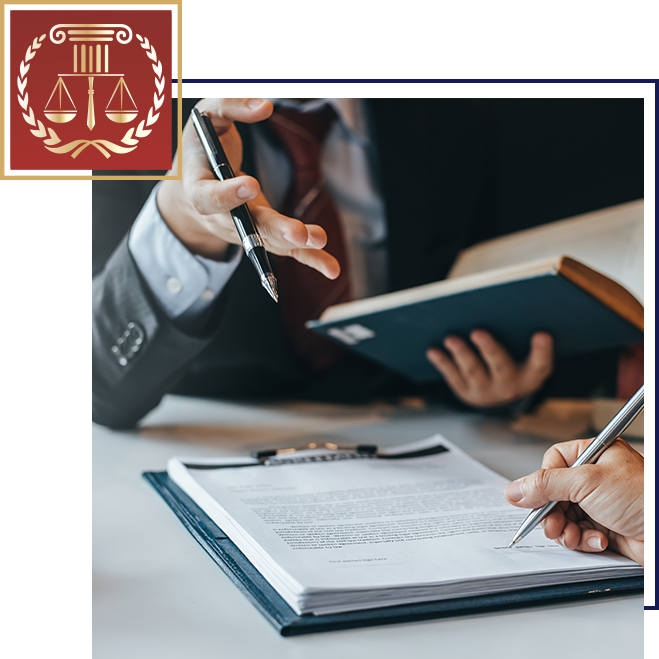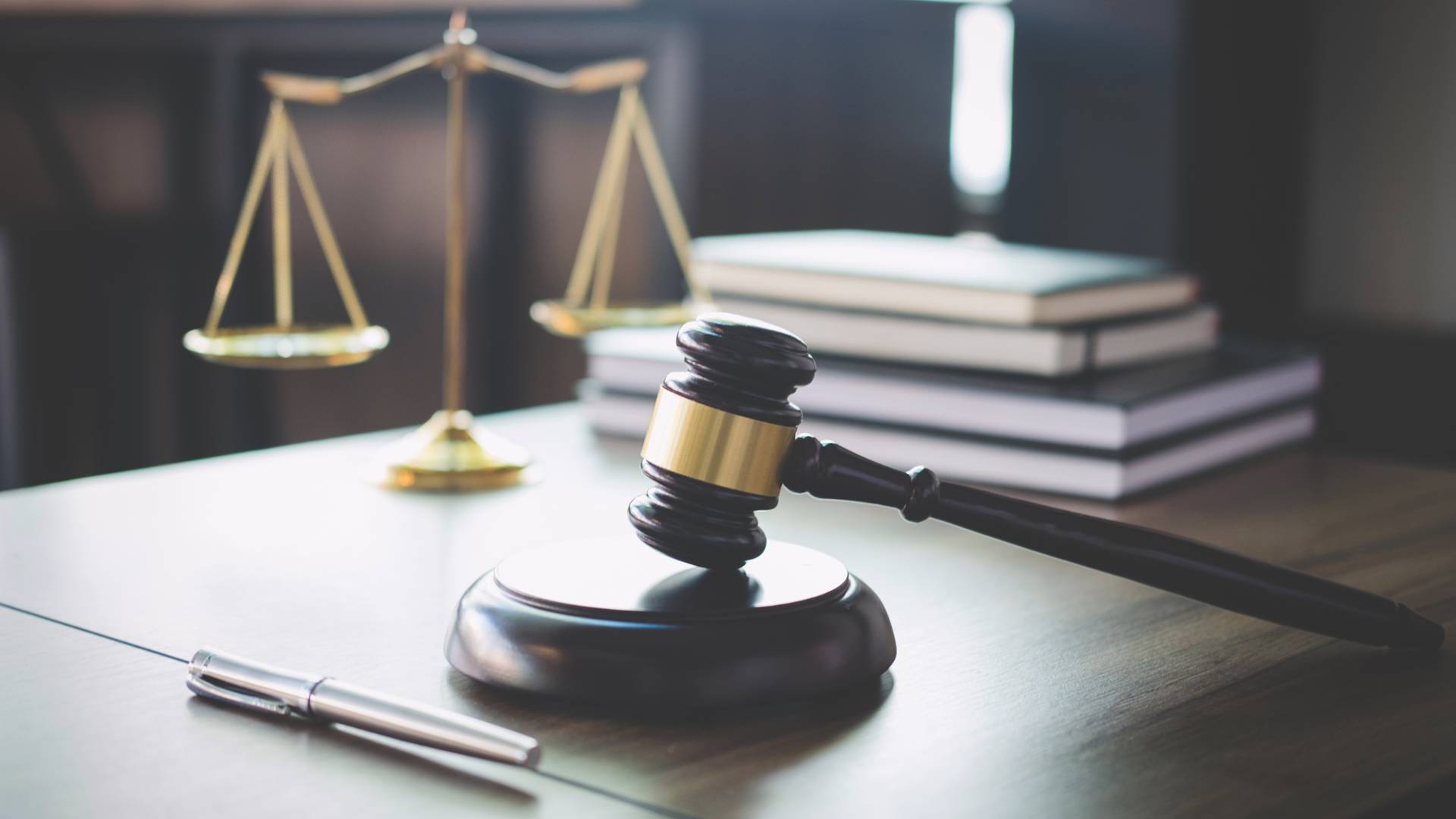
Drug Crime Lawyers in Westwood
Protecting the Legal Rights of Our Clients Throughout Norfolk County
There are 2 ways that you can be found guilty of drug possession. The first is “direct possession.” Direct Possession is what people typically picture when they think about drug possession. If you are accused of having drugs in your hand, in your pocket, on your person, or in your mouth, those are all forms of Direct Possession. The other form of drug possession is “Constructive Possession.”
Someone with constructive possession over a drug has:
- the ability to exercise control over the substance.
- the intent to exercise control over the substance.
If police find drugs in your home or car, you may be charged with drug possession under the theory of “Constructive Possession.”
Drug Possession Charges in Massachusetts
If you are charged with possession of drugs or possession of narcotics, the charge will use the following language:
- Possession of a Class A Substance
- Possession of a Class B Substance
- Possession of a Class C Substance
- Possession of a Class D Substance
- Possession of a Class E Substance
- Conspiracy to Violate the Controlled Substance Act
Some drug offenses carry increased penalties if it is not your first offense. In cases such as these, it can be important to attack not only the new offense, but for your attorney to see if there is any way to overturn the previous conviction.
Possession With Intent to Distribute
Possession with the Intent to Distribute carries the same penalties as actually distributing (selling) drugs. There are many ways that the prosecutor can try to prove that someone in possession of drugs was intending to sell or distribute them. Oftentimes, the prosecutor will have a police officer expert testify that, given all of the evidence, the drugs were more likely for sale as opposed to personal use. This type of testimony can and should be challenged by experienced drug lawyers. The prosecutor’s evidence may include the amount of drugs, the way they were packaged, the presence of scales, baggies, drug ledgers (cuff sheets), or other evidence that the drugs were intended for sale.
Possession of Marijuana
Possession of less than an ounce of marijuana is not a crime in Massachusetts unless the marijuana is intended for distribution. Possession of larger amounts is still a crime as is possession with the intent to distribute. If you possess over 50 pounds of marijuana, you will be charged with trafficking, however, smaller amounts can still subject you to charges of distribution or possession with intent to distribute.
Possession of Narcotics
In Massachusetts, narcotics and drugs are referred to as “Controlled Substances.” These terms are interchangeable and possession of a controlled substance of any class is the same as a charge of drug possession or possession of narcotics.
What Are the Penalties for Drug Possession in Massachusetts?
- Possession of Heroin or another Class A Substance can lead to up to 2 years in jail for a first offense. A second or subsequent offense can result in a sentence of up to 5 years in State Prison.
- Possession of Cocaine and other Class “B” substances can result in up to a year in jail for a first offense. You also face an automatic loss of license for 1 year.
- Possession of a Class C substance has a potential penalty of up to 1 year in jail with a license loss.
- Criminal possession of marijuana and other Class D drugs carries the potential for to up to 6 months in jail. Second offenses can lead to up to 2 years in jail.
- Possession of a Class E substance has a potential penalty of up to 1 year in jail for a first offense and an automatic loss of license.
All these crimes can also result in other consequences such as a license suspension, fines, drug counseling, and other conditions and penalties.

What Makes Our Firm Different?
We Don't Back Down From a Challenge

-
Local AttorneysOur firm consists of local attorneys who have worked in the area for years. Each attorney is familiar with the courts and has a great reputation within the legal field.
-
Free Initial ConsultationAt Eisenstadt Law, our firm offers a free initial consultation to learn more about your case and to ensure our team is the best fit for you.
-
Aggressive DefenseOur legal team does not back down from a challenge. We fight to ensure that the rights, futures and freedoms of our clients are protected.
-
Proven Track RecordOur attorneys have successfully helped thousands of clients reach a positive outcome in their cases. We have achieved this by using our experience and expertise to our advantage.
-
Accessible to ClientsWe are available 24/7 to best suit the needs of our clients. We pride ourselves on providing each of our clients and their cases with the personal attention and commitment that they deserve.

Client Success Stories
Read What Past Clients Had to Say
-
“They took their time and clearly explained the legal process and what their approach to the case would be. Needless to say, we hired Eisenstadt Law and could not have been more satisfied with their service.”- L.S.
-
“My friend was right to send me your way for my case. I never thought anyone could have gotten me out of trouble but you did it.”- J. S.
-
“We could not believe how quickly you were able to get our son out of jail and were even more impressed with how you were able to get the case thrown out. He was lucky to have lawyers like you on his side.”- J. & B. L.
-
“I thought I was going to lose everything I had until that first court hearing in probate court. The judge immediately agreed with Ed’s arguments and the next week, Joe had the restraining order dismissed.”- K. B.
-
“They reviewed the case with me and explained the legal issues more clearly than any of the other lawyers I had met with. When I eventually met Joe in court I knew that all three of these guys had what it took to defend me.”- R. S.
-
“I knew that I had not done the things that they charged me with but didn’t know how to prove it. I was going to lose my job if the complaint got issued in the clerk’s hearing so it was such a big deal that you kept the police from getting a com”- G. J.
-
“They were efficient and professional. My girlfriend would not stop charging me with false charges of assault and restraining order violations. The DA kept trying to hold me without bail but they didn’t let that happen! Thanks!”- D. L.
-
“We never had any doubt that we were in goods hands with Eisenstadt Law. Our legal matter was handled quickly and with with such care and attentiveness, we felt as if we were their only clients.”- S.S.


Why Clients Choose to Work With Us
Read How We Have Helped Previous Clients
-
Case Dismissed Assault and Battery
-
Case Dismissed Assault and Battery
-
Case Dismissed Assault and Battery with a Dangerous Weapon
-
Pre-trial Probation Breaking and Entering, Resisting Arrest, Disorderly Conduct
-
Not Guilty Domestic Assault and Battery
-
Case Dismissed Felony Larceny